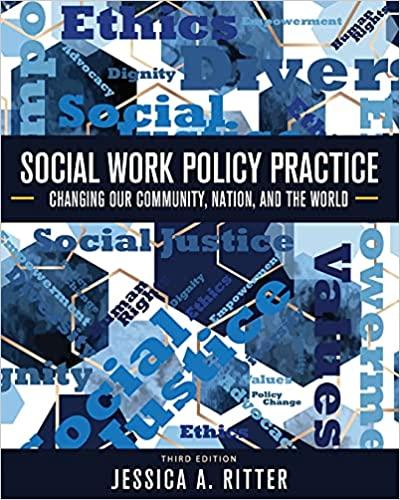Scenario 2: Raymond Tortin is the corporate controller of Thompson Paper Co., which operates 10 paper-making plants in Georgia. Each plant processes trees into pulp, the key raw material needed to produce paper. The company uses a weighted average process costing system. Given the competitive landscape for pricing, Thompson's managers pay close attention to costs. At the end of every quarter, each plant manager submits a production report and a production-cost report prepared by each plant's controller to Tortin. The production report includes the plant manager's estimate of the percentage of completion of the ending work in process as to direct materials and conversion costs, as well as the level of processed pulp inventory. Tortin uses these estimates to compute the cost per equivalent unit of work done for direct materials and conversion for the quarter. Plants are ranked from 1 to 10, and the three plants with the lowest cost per equivalent unit for direct materials and conversion costs are each given a bonus and recognized in the company newsletter. Tortin has been pleased with the success of his benchmarking program. However, he has recently received anonymous e-mails that two plant managers have been manipulating their quarterly estimates of percentage of completion in an attempt to obtain the bonus. Scenario 2 required questions: 1. How might plant managers manipulate their quarterly estimates of percentage of completion of ending WIP inventory? Why might it be to their advantage to do so? What are their incentives to misreport the percentage of completion of ending WIP inventory for each of direct materials and conversion? (Hint: think about the cost per equivalent unit calculation and how the estimate of percentage complete of ending WIP inventory is connected to that calculation). 2. Tortin's first reaction is to contact each plant controller and discuss the problem raised by the anonymous communications. Is that a good idea? Why or why not? 3. Assume that each plant controller's primary reporting responsibility is to the plant manager and that each plant controller receives the phone call from Tortin mentioned in question 2. Applying what you read in the Professional Ethics section, what do the standards of ethical professional practice (as given by the IMA) suggest is the ethical responsibility of each plant controller to Raymond Tortin and to Thompson Paper Co. in relation to the quarterly equivalent-unit and inventory information each plant provides? 4. How might Tortin learn whether the data provided by particular plants are being manipulated? What are some practices he can implement to check for this in the future







